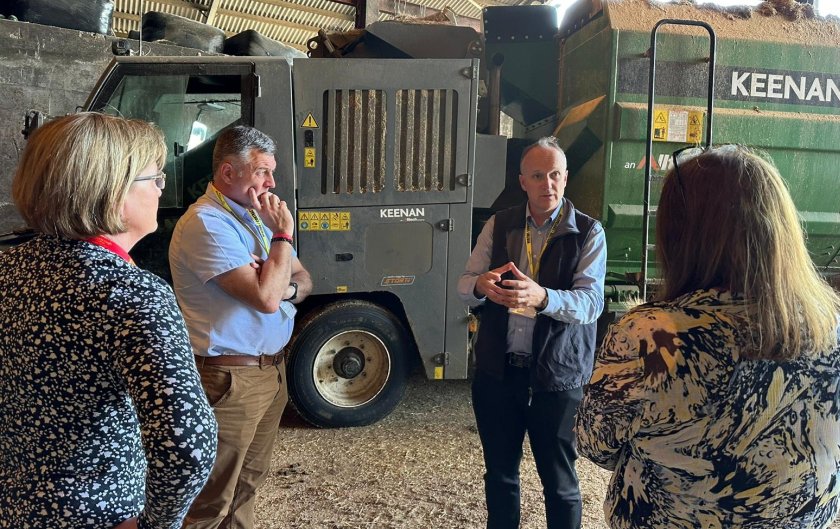
A cross-party group of MPs is set to examine the entry routes and career opportunities that exist in the UK agricultural and horticultural sectors.
The parliamentary inquiry, which commences on Tuesday (16 January), aims to explore the relationship between education and land-based industries.
MPs will explore the effectiveness of current primary, secondary and higher education in embedding awareness and equipping students with the skills and knowledge necessary.
The routes into the sector will be looked at, such as T Levels and apprenticeships, with MPs set to examine their effectiveness as entry points into land-based jobs.
MPs who sit on the Environment, Food and Rural Affairs Committee (EFRA) will also delve into existing and potential initiatives aimed at promoting the career opportunities in land-based sectors.
Dr Neil Hudson MP, member of the select committee, explained: "Our EFRA Committee is starting our inquiry this week on Land Based Education.
"This is so vital for our rural communities and the industries that produce our food and look after our precious environment.
"Food security is absolutely critical for our nation, and we must make sure that we train up the next generation of key workers to step up and fulfil this role.”
NFU President Minette Batters welcomed the launch of the inquiry, saying that she was 'delighted' that the committee were taking a keen interest in the area.
She said: “The land based sector offers many exciting and rewarding career opportunities both for new entrants as well as those looking to retrain.
“We look forward to preparing our submission for the committee including highlighting some of the fantastic opportunities our Education team offer to schools across the country.”
Tomorrow's session will ask witnesses about the skills shortage in the land-based sectors and will hone in on mechanisms for better attracting young people into choosing a career in the sector.
MPs will also consider the accessibility of the land-based sectors for those seeking a career change later in life, as well as what can be done to facilitate new entrants from non-rural backgrounds, into the industry.
